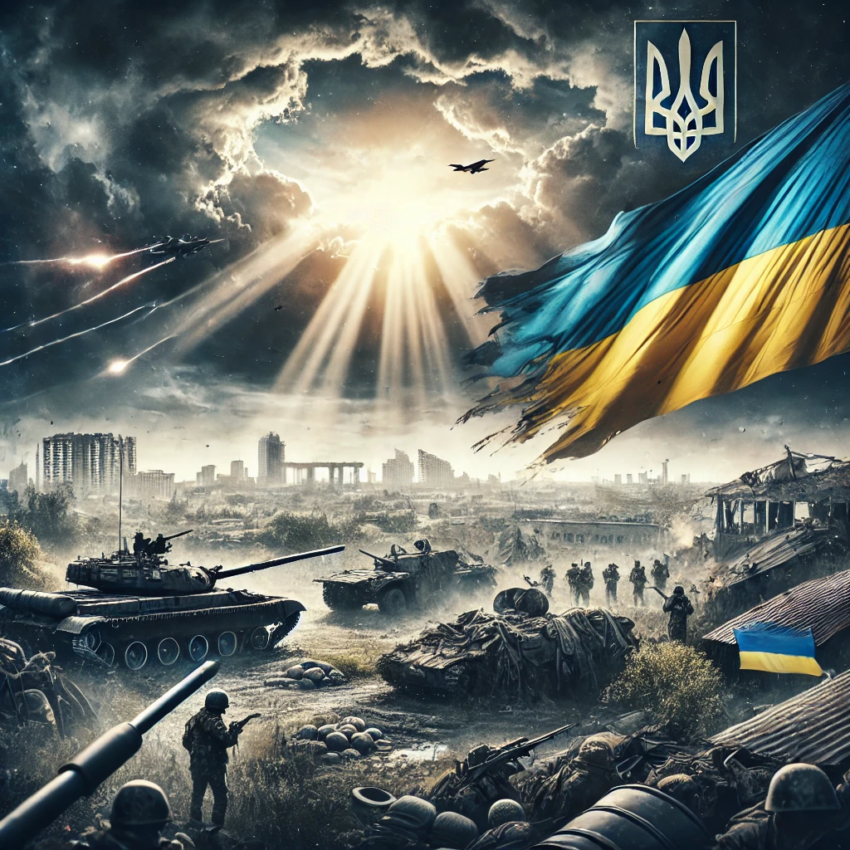In the early hours of 2022, the world awoke to the dire news of Russia’s full-scale invasion of Ukraine. This blatant act of aggression has not only escalated tensions within the region but also starkly highlighted the clash between democratic values and authoritarian impulses. At its core, the conflict embodies the struggle for self-determination—a foundational principle of democracy that Ukraine seeks to uphold.
The Essence of Self-Determination and Democracy
Self-determination represents the right of a people to determine their own political future. This principle is enshrined in international law and serves as a cornerstone of the democratic ethos that governs modern states. Ukraine’s fight against Russian invasion is not merely a battle for territory but a profound statement in defense of its sovereign right to choose its own path, free from external domination.
The Contrast of Values
Russia’s actions in Ukraine offer a clear depiction of authoritarian overreach, where the might of the state is used to suppress and dominate rather than to serve and protect. In contrast, democratic values advocate for governance by the people, for the people, ensuring freedom, equality, and justice. The international community’s response, consisting of sanctions against Russia and support for Ukraine, underscores a collective endorsement of these democratic principles and a stern rebuke of imperialistic ambitions (Dissent Magazine) (SpringerLink).
Misleading Narratives and Real Intentions
The Kremlin has consistently portrayed its actions as defensive, citing NATO’s expansion and supposed threats from Ukraine as pretexts for its aggression. However, these narratives are fraught with contradictions and are widely viewed as pretexts to justify unwarranted military actions. The reality is that Ukraine posed no credible threat to Russian security. Instead, the invasion appears driven by a desire to prevent Ukraine from deepening its ties with Western democratic institutions—a fear of losing influence over Ukraine and a broader attempt to challenge the post-Cold War international order (Institute for the Study of War).
The Impact on Ukrainian Identity
The ongoing conflict has also played a crucial role in shaping modern Ukrainian identity, which increasingly revolves around a set of shared, pro-Western values. This identity has been forged through adversity, with each act of aggression strengthening Ukraine’s resolve to align more closely with democratic societies. The war has catalyzed significant shifts within Ukraine, from language policies to educational reforms, all aimed at reinforcing a distinct Ukrainian identity that is oriented towards Europe and away from Russian influence (POLITICO).
Conclusion
Ukraine’s steadfast resistance in the face of Russian aggression is a testament to the strength and resilience of democratic values in the modern age. As the conflict continues, it remains a pivotal moment for the international community to reaffirm its commitment to the principles of democracy and self-determination. Supporting Ukraine is not only about aiding a nation under attack; it is about defending the very ideals that form the bedrock of a free and just global society.
This struggle is not just regional but a global beacon for all who cherish freedom and democracy. The outcome of this conflict will not only determine the fate of Ukraine but also the strength and sincerity of democratic commitments worldwide.
Andrea Bodei
EUCIF
The European Cyber Intelligence Foundation is a European non-profit think tank specializing in intelligence and cybersecurity, offering consultancy services to government entities

